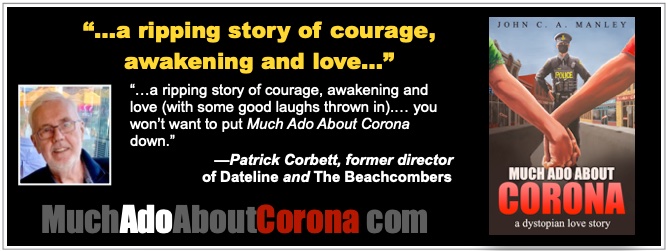“Sometimes I put off correcting a low blood sugar because I don’t want to take those yucky glucose tablets,” Nicole confessed on Wednesday. “Just the smell of them makes me gag. And they upset my stomach.”
As I spoke about last time, my wife long ago switched to using carrot juice for treating type-1 diabetic hypoglycemia whenever she can. Carrot juice doesn’t cause the stomach upset. And she doesn’t mind the taste. It’s also mineral-rich and free of any additives, binders and corn-derived sugar. And, unlike fruit juice, carrot juice contains no fructose (which the liver has to convert back to glucose).
Unfortunately, fresh carrot juice is not always available (e.g. on the road, in the middle of the night or while scuba diving for sunken pirate ships). It also costs more than dextrose tablets and takes time to prepare.
But what about dehydrated carrot juice? I recently searched the internet and discovered The Synergy Company. They juice carrots, then remove the water from the juice, leaving a dry powder. One tablespoon contains as much sugar as your typical glucose tablet – 4 grams.
Then I noticed they also sold dehydrated beet juice powder. Beets are lower in potassium and sodium, which would be ideal for Nicole’s kidney condition.
Nicole then made an inquiry at the local health store. They showed her a jar of “beet crystals” by a company called Salus. Instead of powder, this looks like purple rock salt. One tablespoon of beet crystals contains 6g of glucose. So one teaspoon would be the same as half a glucose tablet (2g of sugar).
I bought Nicole a metal, heart-shaped teaspoon. She just tips the beet crystals onto her tongue. She chews the crystals and they dissolves almost immediately. She washes it down with water. (Alternatively, you could stir it into a glass of water and then drink it.)
Nicole has gone low about three times in the last week. Each time the beet crystals have brought her back to her target range of 4.2-5.2 mmol/L in under 45 minutes. The same speed as glucose tablets. (This may work faster for people without gastroparesis.)
Because the juice has been dehydrated it won’t spoil. It’s also more affordable because it’s compact, has a long shelf-life and doesn’t require refrigeration.
If you don’t suffer from kidney problems, you might prefer the carrot juice powder (instead of the beet crystals). Carrots contain more vitamin A and K. While beets offer more iron. A mix might be nice.
This approach allows people who inject insulin to shift from relying on mineral-depleting refined corn sugar to correct hypoglycemia. And while fresh juice is always nice, these powders and crystals are much more convenient, economical and easier to travel with.
Nicole’s never been a fan of beetroot I was concerned she wouldn’t like the taste. It certainly has an earthy smell. “I don’t cringe when I take the beet crystals,” she told me. “Not like I did with the glucose tablets.”
The Synergy Company’s organic carrot juice powder is available from Amazon.com, Amazon.ca and Amazon.co.uk. Salus’ Red Beet Crystals are available from Amazon.com, Amazon.ca and Amazon.co.uk. Both products may also be available at your local health store. One teaspoon of beet crystals is the same as 1/2 a glucose tablet. To see how Nicole determines how much sugar is needed to correct a low blood sugar you can read: Blood Sugar Cheat Sheet: Quick Corrections Without the Stress, Math and Risk
